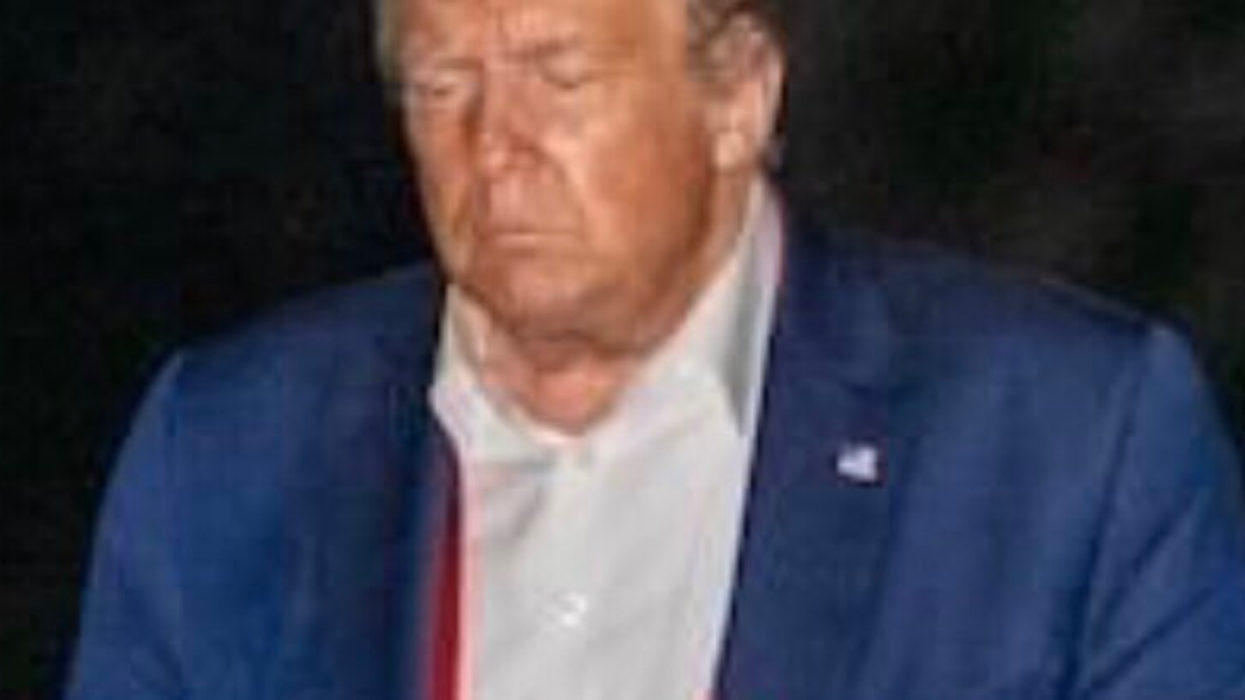'Vulnerable To Prosecution": What Trump Will Face If He Loses This Election

Reprinted with permission from Alternet
The number of allies or former allies of President Donald Trump who have faced criminal prosecutions is staggering: it's a list that ranges from Trump's 2016 campaign manager, Paul Manafort, to his former personal attorney, Michael Cohen, to veteran GOP operative Roger Stone to former National Security Adviser Michael Flynn. If he loses to former Vice President Joe Biden on Tuesday, November 3, Trump himself could become the target of both federal and state prosecutors — and journalist Jon Schwarz examines some of Trump's possible legal exposure in an in-depth piece published by The Intercept on October 18.
Schwarz opens his article by acknowledging that even if Biden wins, it's "hard to imagine" that Trump will "ever be convicted of any crime, much less serve time in prison."
"No former U.S. president has ever seen the inside of a cell — and not because all presidents have faithfully followed the law," Schwarz explains. "Presidents accumulate huge favors owed, favors that they cash in, figuratively and literally, when they become former presidents."
Nonetheless, Schwarz goes on to say that "Trump is more vulnerable to prosecution than other presidents because he's engaged in so many potential nontraditional presidential crimes." And he describes some things that Trump, possibly, could be investigated for if he loses the election — from "tax fraud" to "bank and insurance fraud" to "campaign finance violations" to "bribery" and "negligent homicide."
Manhattan DA Cyrus Vance, Jr., Schwarz notes, has been investigating Trump for what his office has described as "possibly extensive and protracted criminal conduct at the Trump Organization.""Beyond Trump's taxes, Vance appears to be probing whether Trump provided insurers and banks with false statements about his financial position in order to receive lower premiums and interest rates on loans," Schwarz observes. "In certain circumstances, this would be illegal."
Another possibly area of concern for Trump, according to Schwarz, is "obstruction of justice." Former special counsel Robert Mueller, following the Russia investigation, noted that the U.S. Department of Justice has a policy against indicting a sitting president but stressed that a president "does not have immunity after he leaves office."
Of all the possible prosecutions that Schwarz describes — many of them for tax and financial matters — the most hotly debated in legal circles might be one for "negligent homicide." Schwarz notes that Glenn Kirschner, a former federal prosecutor, has argued that Trump could be prosecuted for negligent homicide because of his mishandling of the coronavirus pandemic. But other legal experts have disagreed with Kirschner, saying that a negligent homicide case against Trump — if it came about in the first place — would be very difficult to prove.
"This would be controversial, to say the least," Schwarz explains. "But Kirschner is a serious person who served in the U.S. Attorney's Office for the District of Columbia for 24 years, eventually becoming chief of the homicide section."
- Now New York State Can Prosecute Trump - National Memo ›
- Why Bannon's Arrest Has Trump Quaking In His Golf Shoes ... ›
- Trump Has Too Much To Fear — And Won't Leave Quietly - National ... ›
- Report: Don Jr. Fears Election Defeat Will Mean Prosecution Of ... ›
- Danziger Draws - National Memo ›
- Palm Beach D.A. Says Trump Faces Criminal Jeopardy In Election Fraud - National Memo ›
- How Trump’s Criminality Harkens Back To The Violence Of The Confederacy - National Memo ›
- Will Trump Face The Music, Finally? - National Memo ›
- New York Prosecutors Focus On Don Jr. And Top Trump Organization Official - National Memo ›








